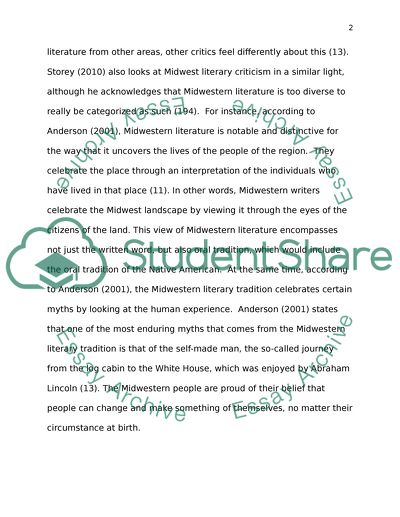Cite this document
(“American Literature: Literature of the Midwest Essay”, n.d.)
American Literature: Literature of the Midwest Essay. Retrieved from https://studentshare.org/literature/1457090-american-literature-literature-of-the-midwest
American Literature: Literature of the Midwest Essay. Retrieved from https://studentshare.org/literature/1457090-american-literature-literature-of-the-midwest
(American Literature: Literature of the Midwest Essay)
American Literature: Literature of the Midwest Essay. https://studentshare.org/literature/1457090-american-literature-literature-of-the-midwest.
American Literature: Literature of the Midwest Essay. https://studentshare.org/literature/1457090-american-literature-literature-of-the-midwest.
“American Literature: Literature of the Midwest Essay”, n.d. https://studentshare.org/literature/1457090-american-literature-literature-of-the-midwest.


